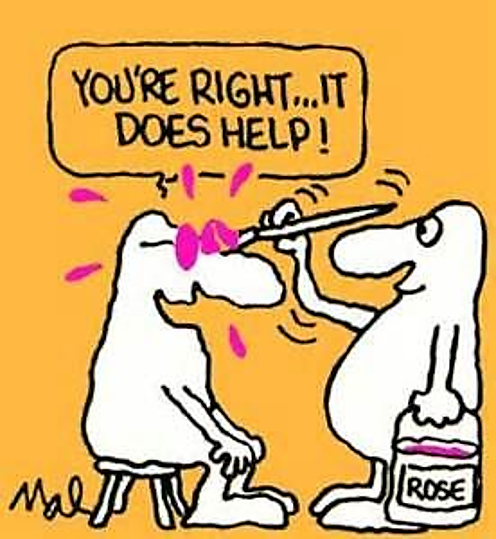Resilience
I have been thinking about resilience lately, I suppose so have many others in this new COVID reality. I mentioned resilience in my September blog but would like to re-visit the topic.
I remember (many years ago now), attending my first Resilience and Mindfulness course, I apologise to the facilitator! I think this was during my slightly negative and cynical period (I’m not proud) and I remember being quite impatient and frustrated by the content – on reflection perhaps mindfulness was exactly what I should have been practicing!
My problem, was not with the facilitator but with the concept of resilience – I was stuck on the theory that resilience was only being taught and encouraged, to help us to cope (aka ‘suck it up’) when things went wrong. Mindfulness, I thought, was simply the tool used to create the distraction.
I’m happy to report that I was wrong – if only I had been open, listened to the trainer, and embraced the content earlier.
Research by the Black Dog Institute shows that enhanced resilience leads to a “significant improvement in job satisfaction, productivity and retention in the workplace.’
Resilience is NOT having rose-coloured glasses,
it’s NOT about being super-human,
it’s NOT about carrying on regardless.
I love this quote “Resilience isn’t just about learning ways to cope with unfavourable situations but about identifying ways that will help you move forward so you don’t get ‘stuck’ in places that are detrimental to your overall wellbeing.” – David Pich, CEO at the Institute of Managers and Leaders.
Resilience means staying curious, optimistic or motivated even in the face of the toughest challenges. It’s understanding why we feel a certain way and having strategies to deal with these emotions and challenges.
I completed a short Positive Psychology course last year and found a nice connection between the material presented and the building of a library of strategies to deal with my emotions and challenges. I hope I don’t insult the positive psychology experts with my extremely simplistic take away, which is: to find what makes me happy, make sure I’m making time for it, and if possible do more of it. This is how I build my resilience.
Tough situations will happen, there will be moments when I struggle or need to pause or re-set – but I am building some great scaffolding and my resilience continues to evolve.
Contact us, Respect at Work would love to work with your teams.
*Leaders in the positive psychology space have developed, written about and provided us with some wonderful resources to understand and increase our positive emotions, engagement, relationships, meaning, accomplishments and health (PERMAH model). It’s worth doing some research (or even a short course – I loved the one I did), there is so much to dive into in this space.


